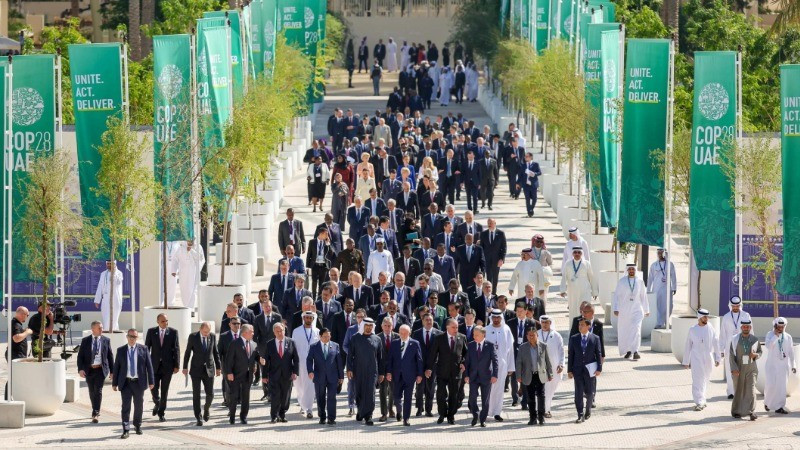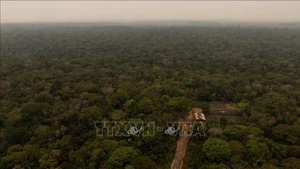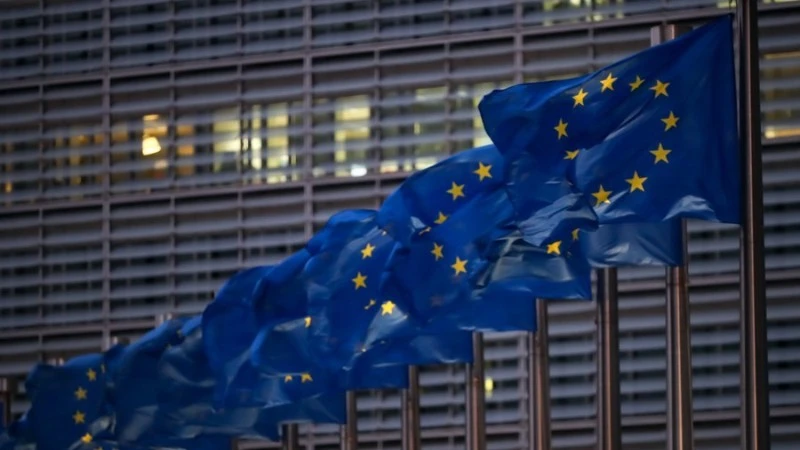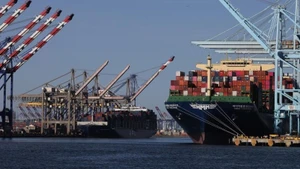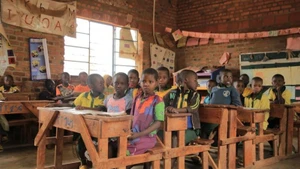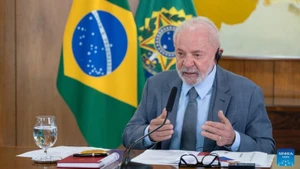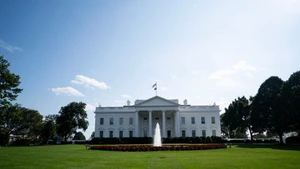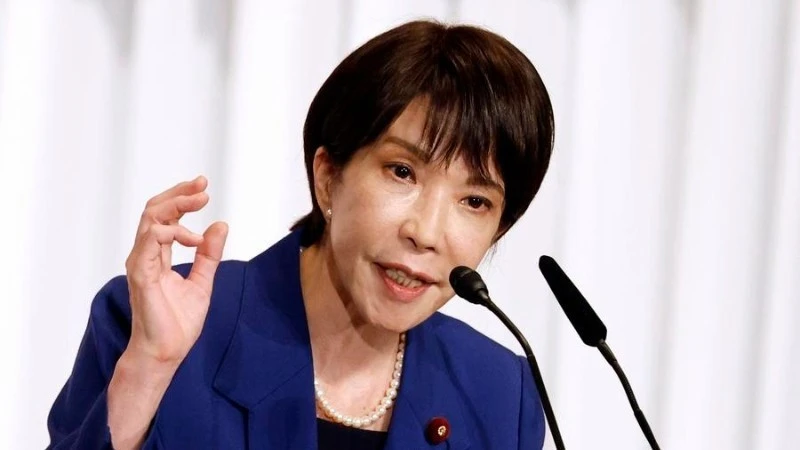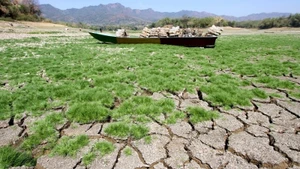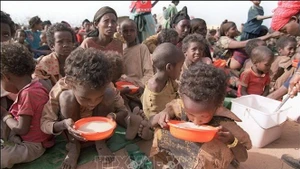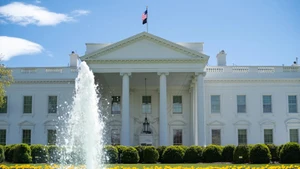In addition to finance, conflicts and trade tensions are also major “stumbling blocks” hampering progress toward the SDGs. In this context, cooperation is viewed as a key instrument for countries to jointly break down the barriers to sustainable development.
Taking place with only five years remaining to meet the 2030 SDG deadline, the 2025 ECOSOC Forum on Financing for Development Follow-up aimed to address critical bottlenecks in global sustainable growth efforts. Experts say this issue is becoming more urgent than ever, because according to the UN, despite many encouraging achievements since the SDGs were adopted in 2015, efforts to complete them on time are facing difficulties.
Currently, 343 million people globally are facing severe food insecurity. Africa remains one of the most vulnerable regions, with approximately 20% of its population suffering from malnutrition. In East and Central Africa alone, the number of people experiencing food shortages rose to 73 million in April 2025.
Armed conflicts have also led to a sharp rise in serious violations of children’s rights, including killings, injuries, abductions, recruitment, and the use of child soldiers. Efforts to improve childhood immunisation rates in the Global South and many Western European countries have also stalled.
A recent World Health Organization (WHO) report revealed that nearly half of all low-income and lower-middle-income countries are experiencing disruptions to their immunisation campaigns due to funding cuts.
Experts warned that these overlapping crises are increasingly affecting children, eroding decades of progress, and making SDGs related to ending poverty and ensuring access to education appear more distant than ever.
The UN also reported that hundreds of millions of people worldwide still lack access to electricity, with energy shortages continuing to obstruct efforts toward equitable and sustainable development.
Worryingly, multi-dimensional obstacles such as financial resource shortages, trade tensions and conflicts threaten to undo the progress made over the past decade, making it difficult for the world to turn around the current situation. Among them is the burden of public debt.
ECOSOC President Bob Rae highlighted that more than 3 billion people live in countries where governments spend more on interest payments than on healthcare or education.
Trade tensions could push global public debt levels back to those seen during the COVID-19 pandemic, reaching nearly 100% of global GDP by the end of the decade. Some vulnerable countries saddled with high-interest debt now lack the capacity to invest in education, healthcare, and infrastructure.
Meanwhile, rising conflict continues to trap millions in the vicious cycle of violence and poverty. A joint report by the UN Food and Agriculture Organization (FAO) and the Intergovernmental Authority on Development (IGAD) in East Africa revealed that food security in East and Central Africa is unlikely to improve in the near future, as conflicts continue to escalate in parts of the region. These prolong crises threaten to erode human progress and stall the global effort to meet the SDGs, allowing hunger to persist in many parts of the world.
2025 marks a crucial milestone - ten years since the formal adoption of the SDGs - bringing with it renewed hopes and aspirations for a better world.
This is not only an opportunity to reflect on achievements over the past decade but also a defining moment for the international community to reassess the progress of implementing commitments and promote stronger actions to build a sustainable future for future generations.
